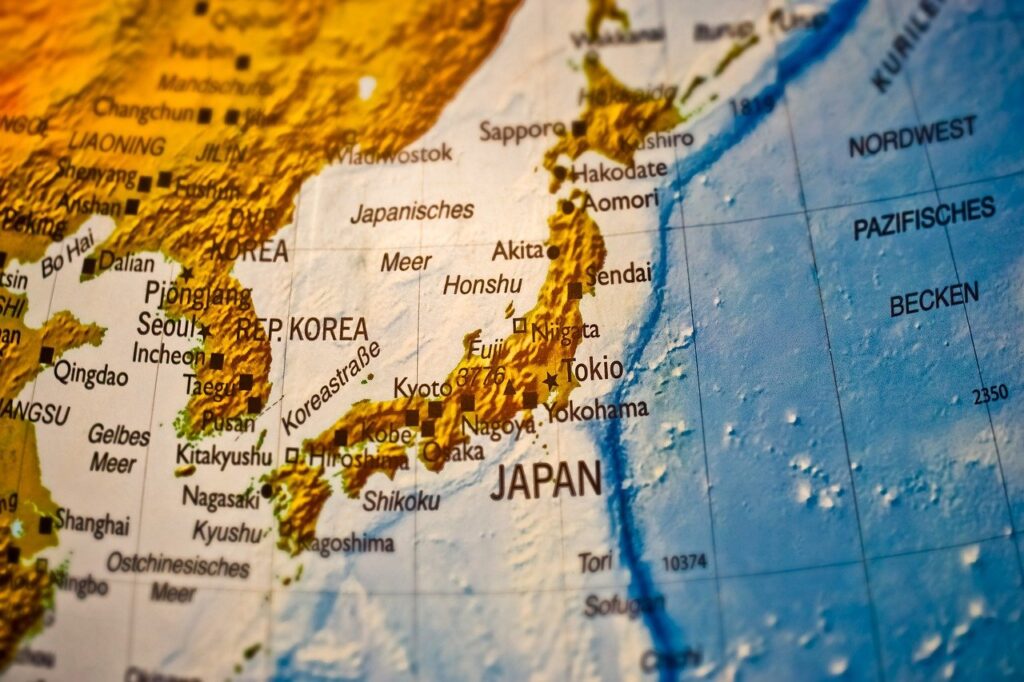Concept of this blog
Japanese lifestyle ✖️
Multinational company ✖️ Ph.D
This blog is for all who want to understand Japanese people, and to build good relationships with them.
b) Do business with Japanese people and live all over the world; and
c) Are interested in the value of life about Japanese aged 20s~40s
 Sloth-san
Sloth-san
This is common comment all over the world regarding Japanese English skill.
In recent decades, people globally have more chances to do business with Japanese people. The wave of globalization came to Japan finally.
If you have experiences talking with Japanese people recently, you will find that the English speaking ability especially of the younger generation has dramatically improved.
That can’t be compared to the situation in the year 2000.
However, what other problems do they have aside from developing English skills?
b) What type of value do people in their prime have?
c) What is the background of harmonious culture, WA(和) in Japan?
This blog provides first hand information by the author who experienced living in the US and now works for a multinational company in Japan.
One of the main theme in this blog is “relationships”.
The author experienced really hard time of connections.
Since building and keeping relationships aren’t so easy tasks, then the author thought it would be better to work and live independently, and that would be much faster. No more waisting time.
However, the author heard this important thing from a buddhist monk.
We have three types of assets in our life.
Financial capital,
Personal capital,
Social capital.
Based on the great knowledge among smart and aged people, it seems that the final factor to determine our happiness in our life is “Social capital.”
Only rich and materialistic wealth don’t bring us true happiness at the end.
The reason to run this blog

“In life, it’s not where you go. It’s who you travel with.”
The initial concept of this blog was the fruit of my experiences when the author was studying in California.
He believes that his level of English doesn’t matter as long as he has something valuable to share.
This is the common ground when communicating with others.
The language barrier shouldn’t be a big issue.
Communication is like a mirror.
If you face someone with all honesty, this person will reciprocate your honesty.
If you complain about someone, the person will give you sarcastic comments.
If a person isn’t sincere despite your kind attitude towards them, that only means you aren’t compatible in nature. That’s it. That’s nobody’s fault.
Since everyone has their own unique qualities, it’s better to commit to people you are compatible with.
So the big theme of this blog is about “relationships” – we should identify the right people to be with and let this be our compass in life.
Information you can get from this blog

The author works for a multinational company, and collaborates with colleagues who come from more than ten countries.
In this blog, the author would love to give information like:
a) Millennial vs traditional Japanese lifestyle
b) Value of building harmonious relationships among Japanese people
c) Experiences traveling all over Japan and working for a multinational company
These information are not beautifully summarized flyers from a big publishing company, but rather original and visual first hand stories.
About the author
 Pentleman
Pentleman
Ph.D in his 30s working for a multinational company in Japan.
He has experienced living in six out of eight areas in Japan.
He has moved from place to place for over 20 times, which is about once every two years.
One of the main activities during holidays is traveling.
At age 28, he has traveled to all of 47 prefectures in Japan by car.
After graduating in Ph.D, he started working for a multinational company, and now struggles to work with people different 10 countries.
To broaden his horizons, he continuously learned to get qualifications, such as book keeping, financial planing, and TOEIC test to get score 900, except a main speciality in Ph.D.
His motto is to convert processes into his daily routines to aim an effortless life.
He found the importance of initial setups to reduce negative feelings, such as “tedious” and “I don’t want to do it” before starting to learn.
Reading books is the principles in his life to get knowledge of power towards the next stages of his life.
In his routine, it’s already to set the task to read books at least 10 in a month to build better relationships for happiness in the real world.
The author hopes this blog may help people who work with Japanese people not only in Japan but also all over the world.

